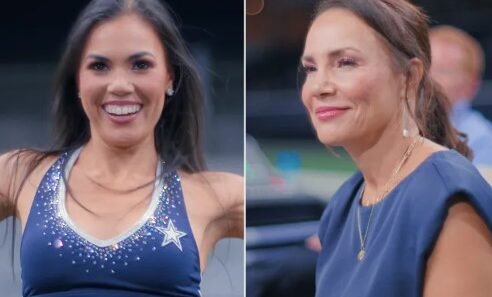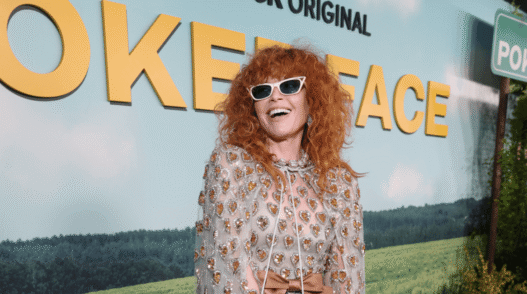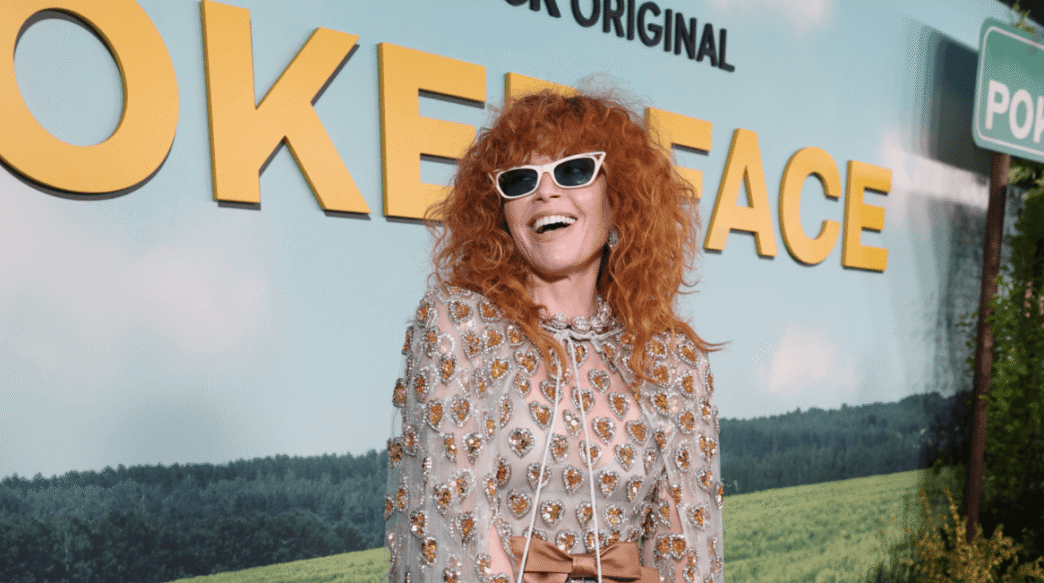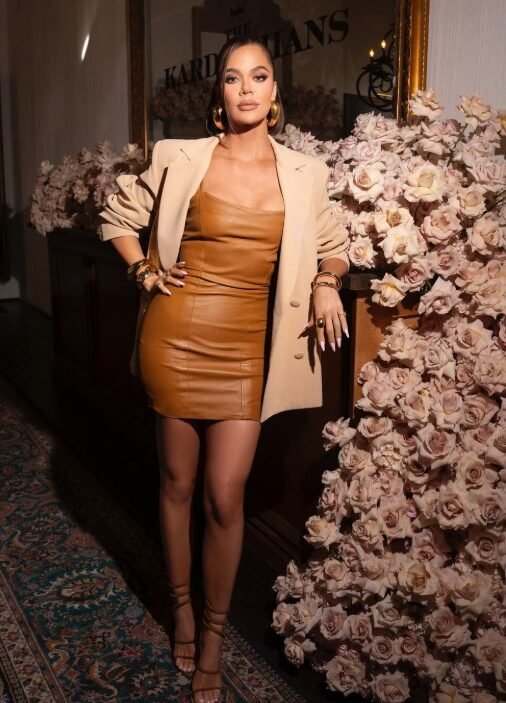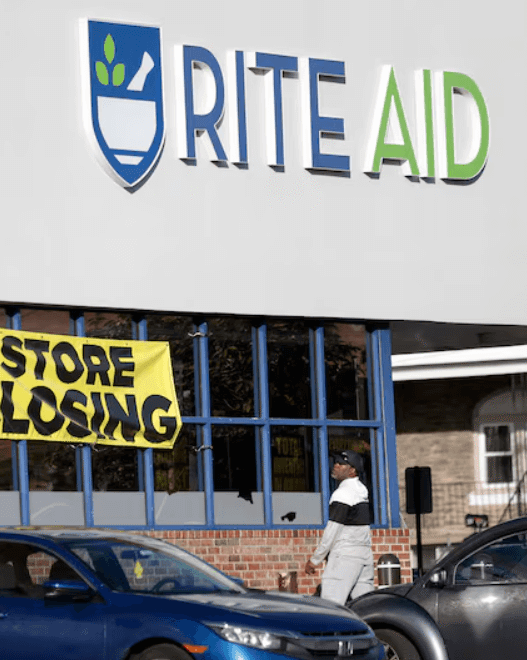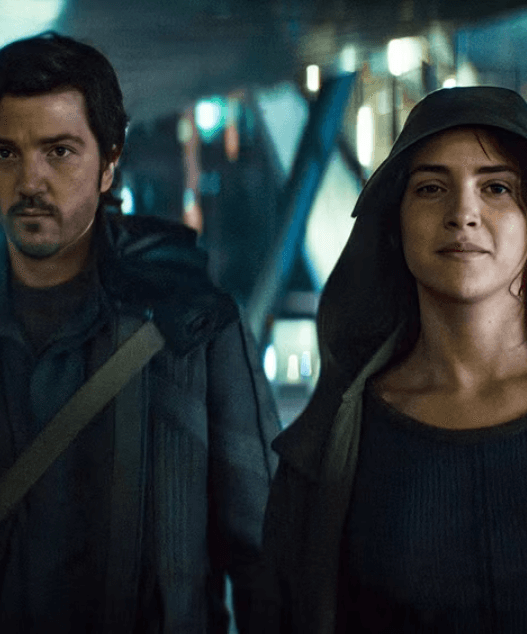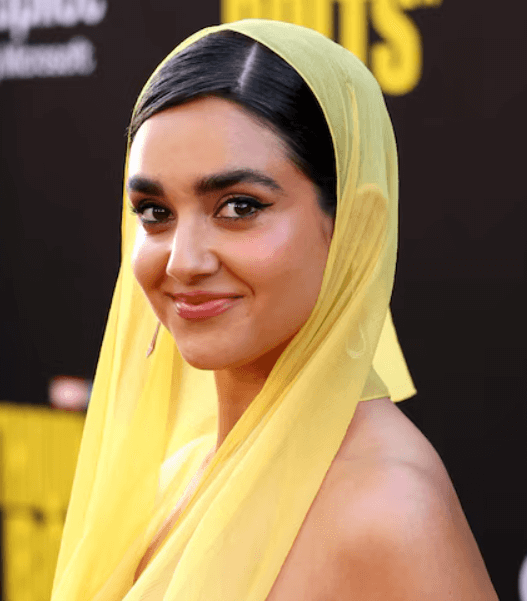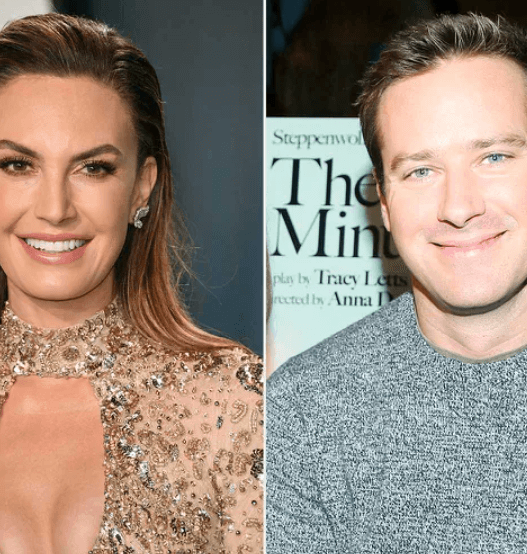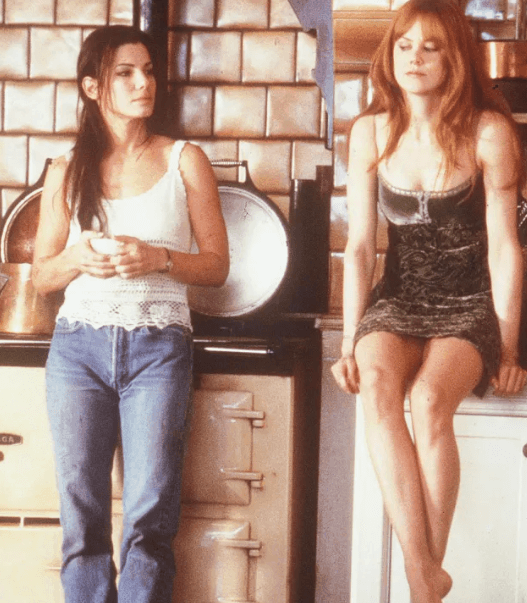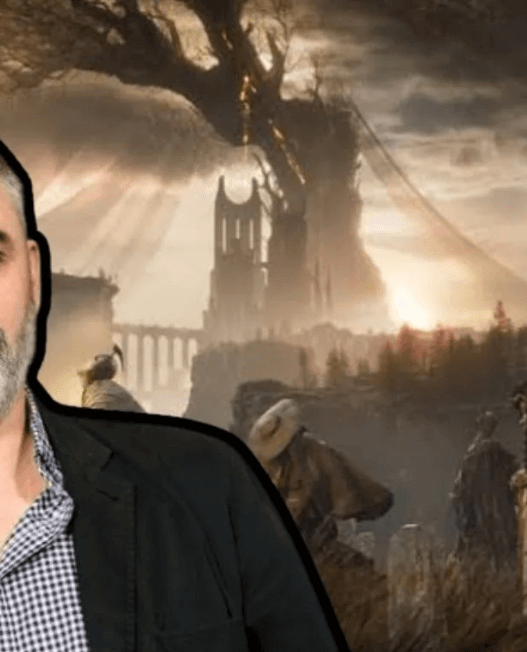At the Poker Face Season 2 premiere, Natasha Lyonne took a moment to address the growing buzz — and controversy — around her upcoming directorial debut, the AI-hybrid film Uncanny Valley. Despite the swirling concerns around AI in cinema, Lyonne made it clear: her love for traditional filmmaking is unwavering.
“Cinema is my very celluloid blood,” Lyonne told The Hollywood Reporter. “Of course, the movie’s going to be shot like a real movie—with human cinematographers, production designers, the whole crew.”
Uncanny Valley, co-written with Brit Marling and produced alongside tech pioneer Jaron Lanier, blends live-action and game elements. The story follows a teenage girl consumed by an augmented reality game in an alternate present. The film is backed by Asteria, the AI-focused studio Lyonne co-founded with Bryn Mooser, and will use Moonvalley’s ethically sourced AI model “Marey,” which relies on licensed data instead of scraped content.
Lyonne emphasized that this approach offers filmmakers a way to build immersive worlds without compromising artistic integrity or copyright law. “Why are so many models built on stolen data?” she asked. “Marey lets you build with your concept artists from scratch — legally and creatively.”
She also cited her mentor, the late Nora Ephron, whose advice about the unforgiving expectations of female directors stuck with her. Lyonne sees Uncanny Valley not only as a creative opportunity but also a chance to push boundaries safely — especially in VFX-heavy sequences where AI can offer scalable tools without replacing human artistry.







